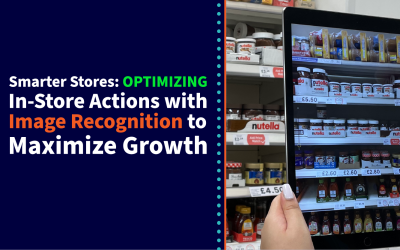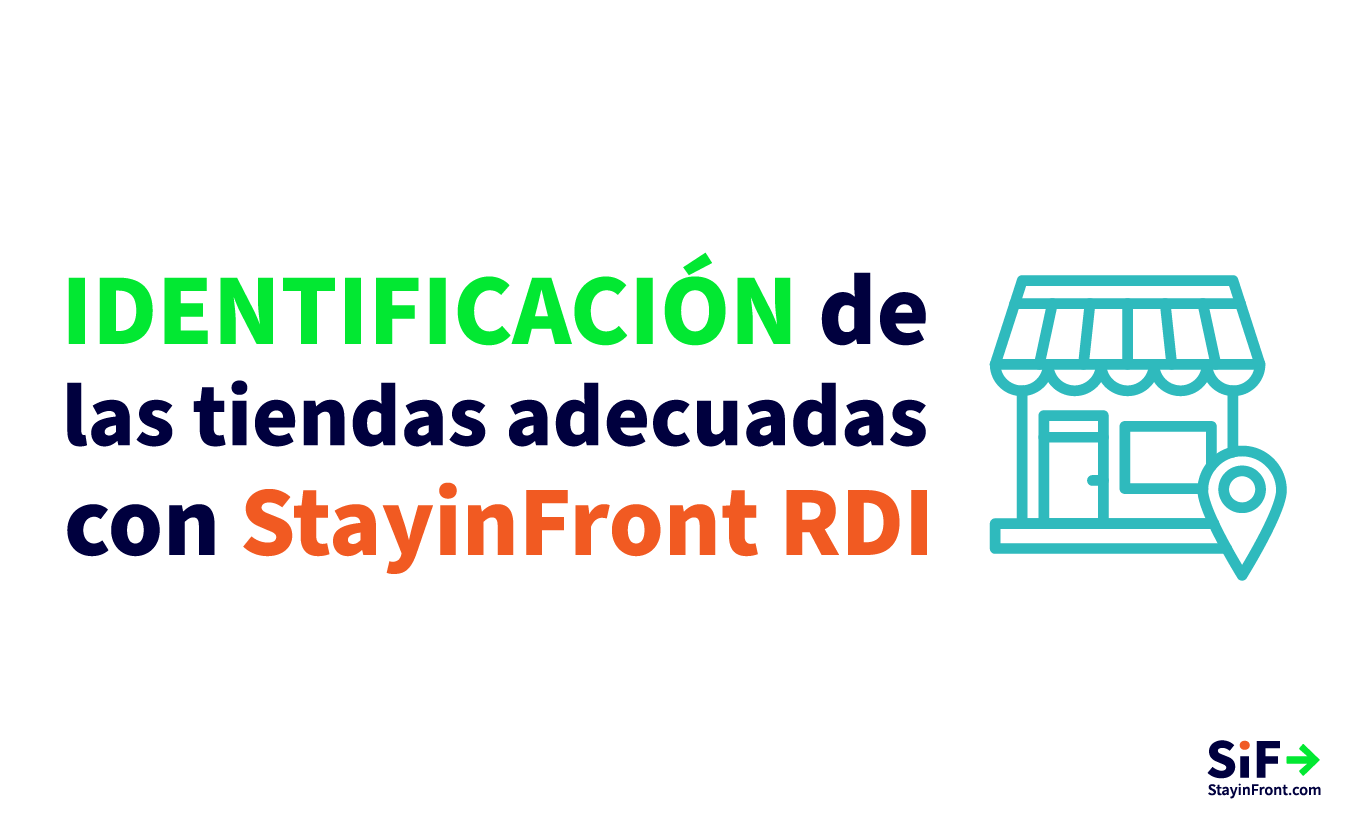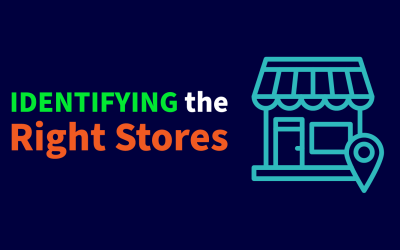RETAIL EXECUTION TERMS & DEFINITIONS
Brands want their products in the most optimal in-store positions available.
As stated in our previous blog, retail execution is a unique branch of CRM, focused on managing the relationship with retail outlets, helping sales field teams to ‘do more, know more and sell more’ of their product.
There are key terms widely used in fast-moving consumer goods and liquor industries that might be unfamiliar to someone outside of these fields.
Here’s a list of important ones:
Artificial Intelligence (AI) – the theory and development of computer systems able to perform tasks that normally require human intelligence, such as visual perception, speech recognition, decision-making and translation between languages
Augmented Reality (AR) – a technology that superimposes a computer-generated image on a user’s view of the real world, thus providing a composite view
Brick and Mortar – refers to a street-side business that offers products and services to its customers face-to-face in an office or store that the business owns or rents
CRM (Customer Relationship Management) – denoting strategies and software that enable a company to organize and optimize its customer relations
Direct Store Delivery (DSD) – a form of distribution where the distributor/supplier delivers directly to the retail store, skipping the retailer’s distribution center
♦ 1-step DSD is when field sales reps sell directly from their truck(s) or vans(s), and the reps typically place orders, collect money and track inventory
♦ 2-step DSD is when the field sales reps take orders like in 1-step DSD, but with separate delivery later
Dynamic Routing – process where data is forwarded via a different route or given destination based on the current conditions of the communication circuits within a system
EAN (originally stood for European Article Number, but has since been changed to “International Article Number”) – a barcode symbology and numbering system used in global trade to identify a specific retail product type, in a specific packaging configuration, from a specific manufacturer
FMCG (Fast Moving Consumer Goods) – products that are purchased frequently, consumed rapidly, priced low, and sold in large quantities
Hybrid (in terms of liquor) – a location that has both an on-premise and off-premise outlet
Image Recognition – identifying and detecting through a digital image or video in order to group, relate and showcase products to generate revenue
Integrated Analytics – provides sales and marketing organizations a competitive edge through insights and information collaboration
Internet of Things (IoT) – the interconnection via the internet of computing devices embedded in everyday objects, enabling them to send and receive data
KPI (key performance indicator) – quantifiable measurements with specific targets or goals that make the difference between success and failure of a company
Off-premise – a solution hosted by a third-party and usually supported by a different third-party; for the liquor industry, it means the sales occur at retail locations (grocery stores, liquor stores and big box retailers)
Off-trade – refers to food retailers such as grocery stores
On-premise – a solution hosted in-house and usually supported by a third-party: for the liquor industry, direct to consumer sales for the consumption on the premises of an establishment (bars, restaurants and wineries)
On-shelf Availability (OSA) – the measure of a product being on its designated shelf and available for purchase
On-trade – refers to business with hotels, bars and restaurants
Out-of-stock (OOS) – when inventory is unavailable in a store
Planogram – a diagram or model that indicates the placement of retail products on shelves in order to maximize sales
POS (Point of Sale) – self-contained, computerized equipment that performs all tasks of a store checkout counter. It allows payments by bank or credit cards, verifies transactions, provides sales reports, coordinates inventory data, and performs several other services normally provided by employees
POS Data (point of sale data) – scanning data generated when a cashier at the counter prepares a sales bill
POS System (point of sale system) – systems that enable a business transaction between the client and the company to be completed
Private Label – a product manufactured or packaged for sale under the name of the retailer rather than that of the manufacturer
Route Activity Optimization (RAO) – helps consumer goods manufacturers to reach out to the right customers, at the right time and at a reduced cost
RTD (ready-to-drink) – packaged beverages that are sold in a prepared form, ready for consumption
RTS (ready-to-serve) – prepared foods or drinks requiring no further supplementation
Routes-to-Market (RTM) – the method or methods of getting goods to customers. Examples: modern trade, traditional trade, van sales, etc.
SKU (Stock Keeping Unit) – an identification number that’s assigned to a unique item by the retailer
Store Call – when a field sales rep visits a store for the purpose of retail work
UPC (Universal Product Code) – a barcode symbology that is widely used in various countries to track trade items in stores
We hope this helps you to better grasp retail execution terms.
If you have any questions or to find out more about these terms, please contact us.







